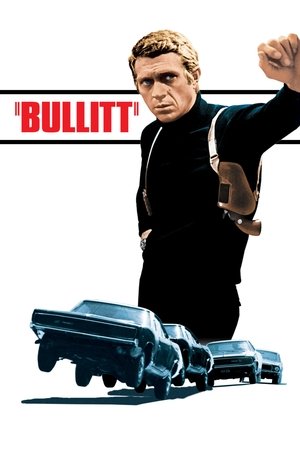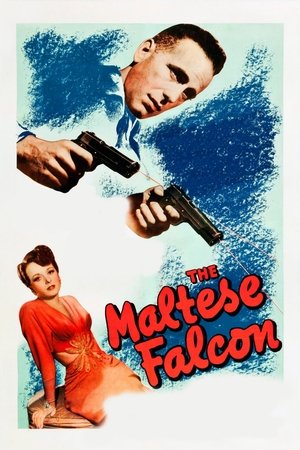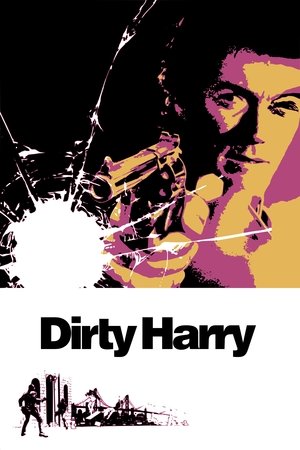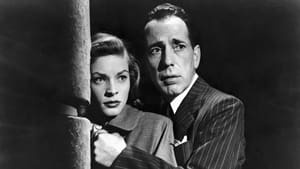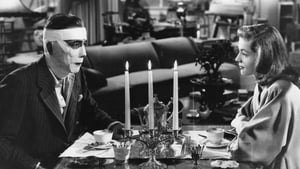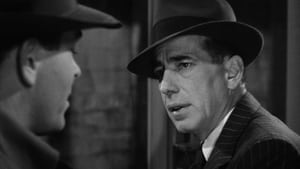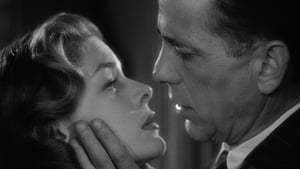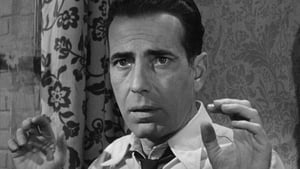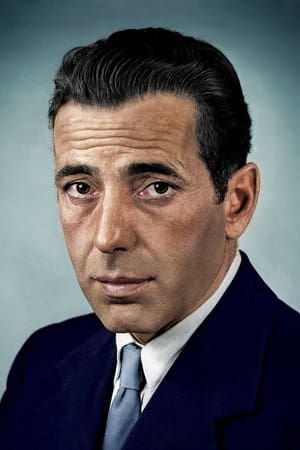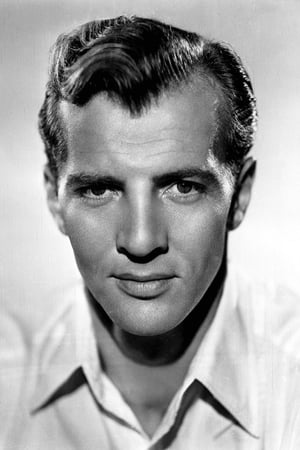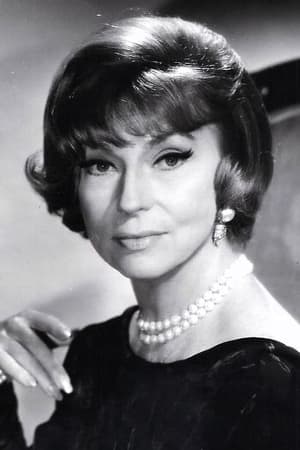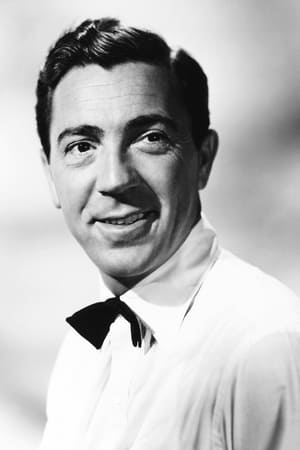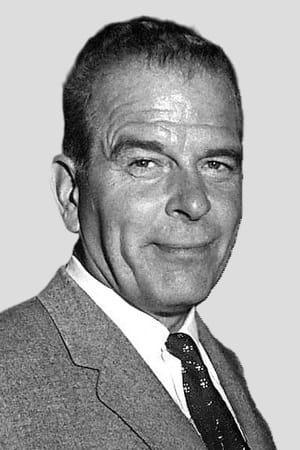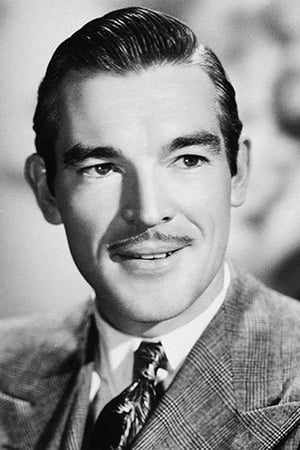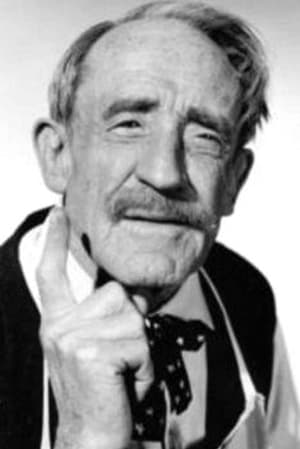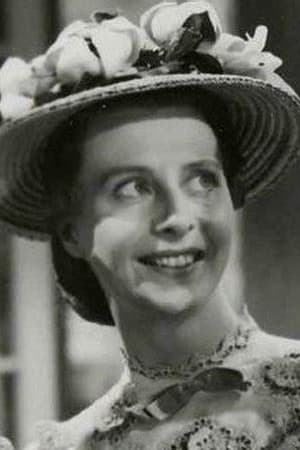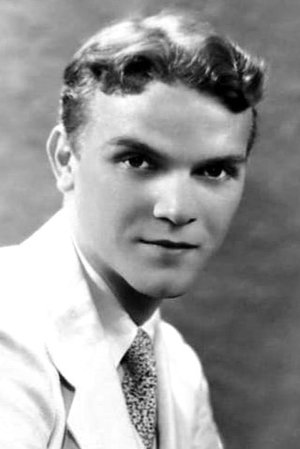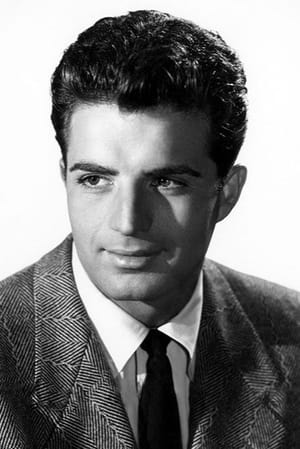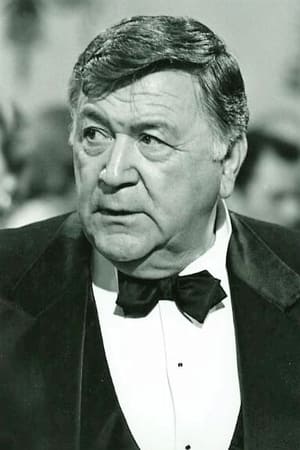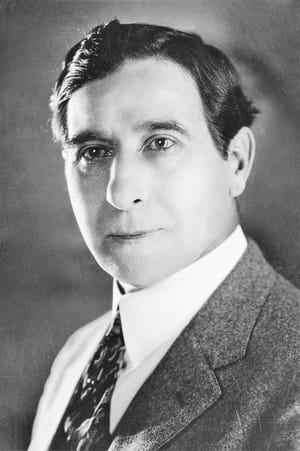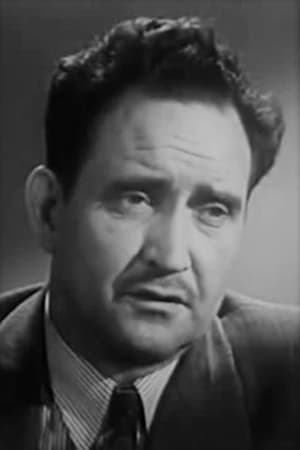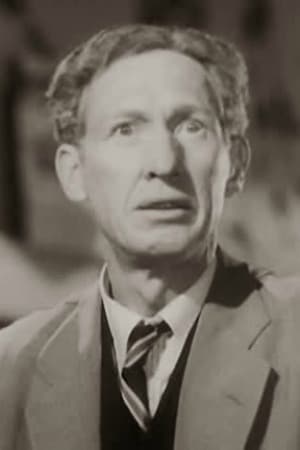-
John Chard
Dark Passage, light journey. *** This review may contain spoilers *** Vincent Parry has been imprisoned in San Quentin for murdering his wife, he escapes at sets about clearing his name. After being picked up, and then hidden by Irene Jansen (who has followed his case closely), Parry gets a tip from a cab driver which leads him to an underground plastic surgeon. After being given a new face, Parry must keep away from the police and find out just who did in fact kill his wife? OK, so the plot isn't much to write home about, but the star appeal of the leads and a quite simply brilliant supporting performance lifts this noirish thriller way above average. Humphrey Bogart is Vincent Parry and Lauren Bacall is Irene Jansen, so it's with a tinge of sadness that Dark Passage is considered the weakest film of the four collaborations from the special duo. And though in plot and screenplay that may well be true, I maintain that the sexual chemistry here is as electric as it is in The Big Sleep. Has to be said, though, that both Bacall & Bogart are playing second fiddle to a waspish turn from Agnes Moorehead as Madge Rapf, she ups the ante and grabs the attention span when the film drifts close to a stand still. The clever camera technique of viewing the events from Vincent's eyes works well for the first third of the film (we never see Vincent's face), but heavy with Bogarts' narration, this loses impact once Vincent gets his new face. The mysterious element to the plot doesn't quite get the jolt that it should because sadly we know it's Bogart from the off, So when the reveal comes about it just falls a little flat. Still, the film works as a more than serviceable thriller, with great acting and a very tidy turn of events in the ending make Dark Passage recommended viewing for noirish thriller fans. 7/10
-
tmdb28039023
Humphrey Bogart spends at least half of Dark Passage heard but not seen. When the movie isn’t shot from his point of view – little more than a gimmick in any day and age, though I guess in 1947 it might have had the benefit of novelty; sort of like a first-person shooter long before first-person shooters –, Bogie’s face is either a shadowy silhouette or wrapped in bandages. The latter is the result of a back-alley plastic surgery, which is itself an oddity since this is an extreme that more often than not only true villains will go to – perhaps because only a truly guilty conscience could bear to part with the face in the mirror. In this case, however, Vincent Parry (Bogart) is a the victim of a Miscarriage of Justice who sets out to Clear My Name. What happens if he does manage to prove his innocence? Will he then undergo further cosmetic surgery and go back to looking like whatever it was he looked like before? Or will he just go through the rest of his life with a surgically rearranged visage? Something tells me ol’ Vince did not think this through; on the other hand, he could have done a lot worse – like, for instance, Peter Lorre in The Face Behind the Mask. Of course, for all the good his new face does him, he might as well have kept the old one and saved himself the money and the time – and one could say the same of writer/director Delmer Daves; I mean, what’s the point of getting Bogie (who had by then starred in, among others, The Maltese Falcon, Casablanca, To Have and Have Not, and The Big Sleep) only to have us play peek-a-boo with him for the first half of the film?
please Login to add review


